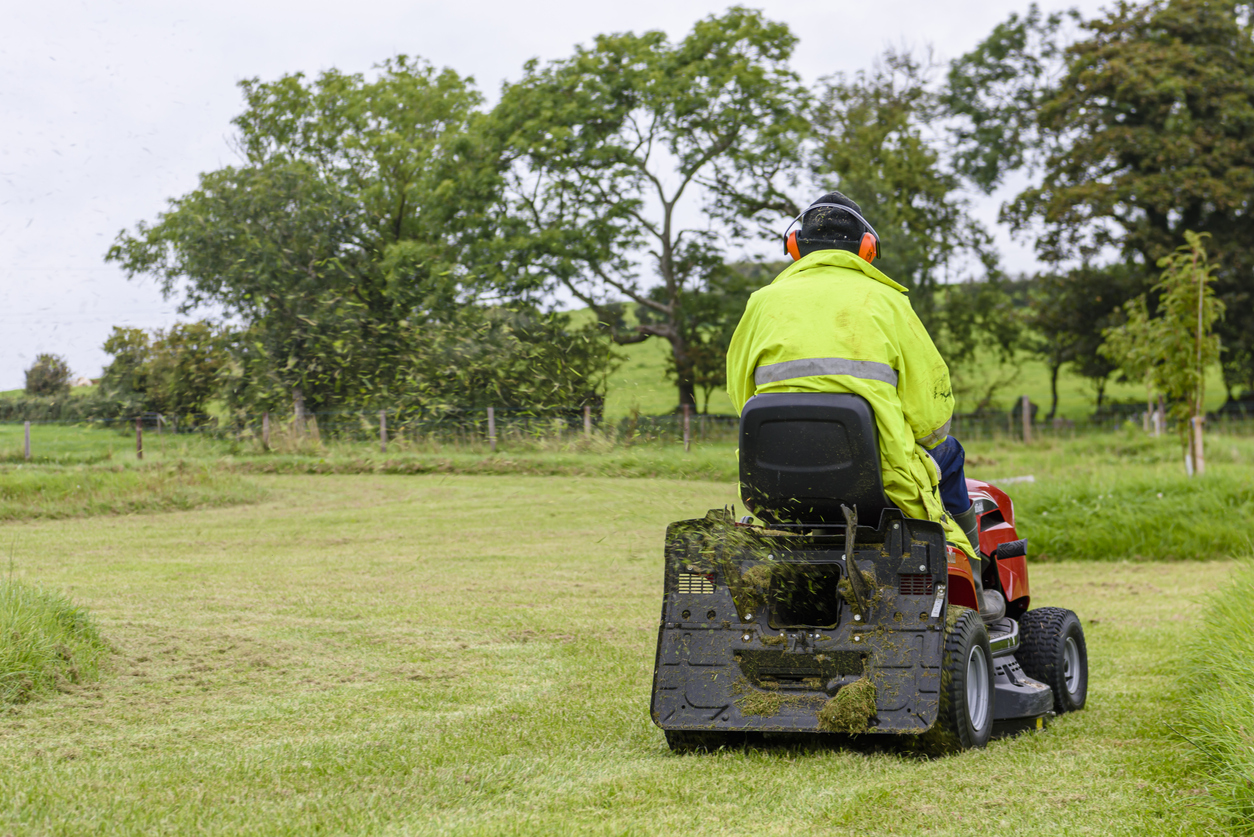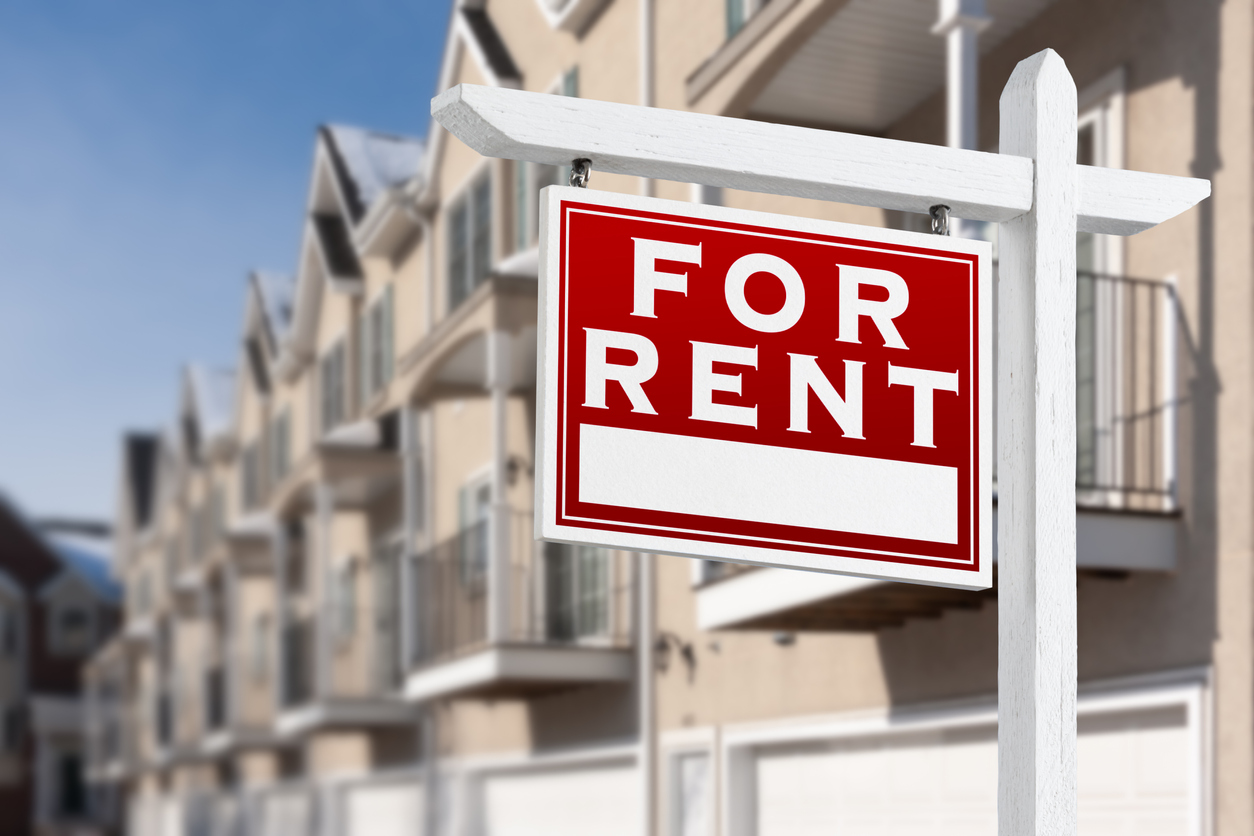House Bill 1868 (HB 1868), introduced by Representative Amy Walen (D) would prohibit engine exhaust and evaporative emissions from new outdoor power equipment. The rules would apply to gas-powered equipment produced on or after January 1, 2026 rated at 25hp or lower, which would include riding lawnmowers.
The bill exempts government agencies during an emergency. Violation of the law carries stiff penalties, including jailtime or a significant fine.
Similar to the Seattle law passed last year, HB 1868 will significantly impact the landscaping industry who will have to spend additional money for less powerful and more expensive machinery.
First, the cost of replacing perfectly operational yard equipment for homeowners and yard maintenance companies will be expensive. Secondly, while a homeowner will be able to blow a yard free of leaves or mow the grass in a relatively short amount of time on one battery charge, a yard maintenance company will need multiple batteries charged each day and potentially several leaf blowers and mowers to achieve the same they do today with a simple can of gas.
A typical gas-powered riding lawn mower costs $2000-$3000 less than a less well-equipped battery powered version and has much greater range.
Yard equipment often garner the wrath of neighbors as early morning yard cleanups can be noisy, but banning gas powered versions of popular yard tools isn’t going to reduce the noise any time soon.
As an example, a typical commercial grade gas powered leaf blower is about 70 decibels vs an electric blower which comes in about 61 decibels. On the decibel scale that is about twice as loud, but in reality, the difference would be similar to a vacuum cleaner and an air conditioner. To the average listener, there isn’t much difference. To some listeners, an electric blower operates at a higher pitch and is more shrill and offensive.
The free market will drive the adoption of electric yard equipment where it makes sense both economically and from a functional perspective. An electric lawnmower is perfectly fine for smaller yards, but not an expansive golf course.
Using legislation to drive behavior will increase costs and remove consumer choice, affecting residents that can least afford the newer, more expensive options.
HB 1868 is a feel-good policy that will have little impact on the perceived problems it was supposed to solve and will increase costs.





